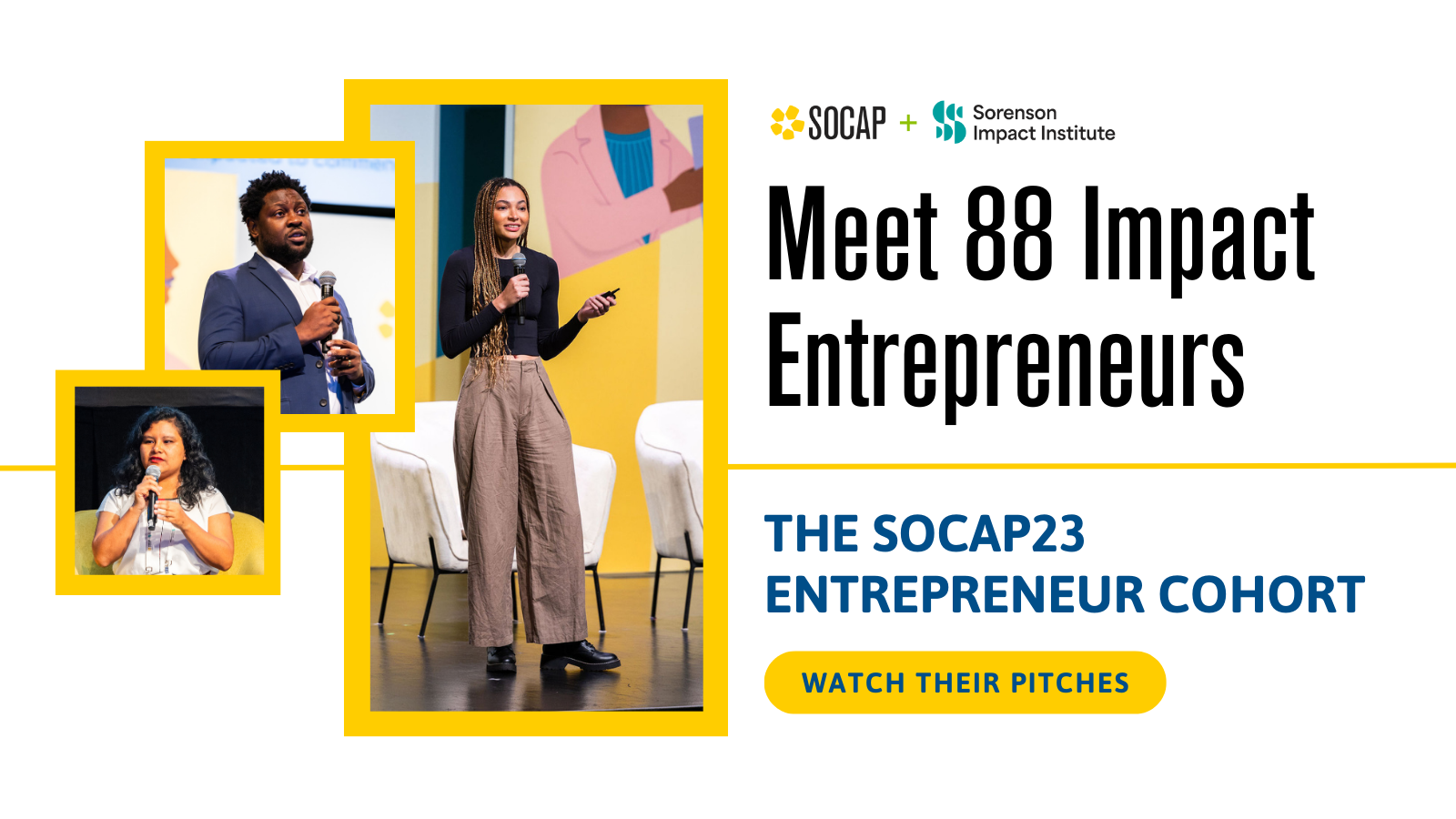Google and Microsoft know something a lot of other companies simply refuse to acknowledge—that organizations lacking psychological safety are galloping their way to extinction.
Psychological safety is a social condition in which you feel included, safe to learn, safe to contribute, and safe to challenge the status quo—all without fear of being embarrassed, marginalized, or punished in some way. Basically, it means it’s not expensive to be yourself. Maybe this was a nice-to-have in the past. But in the twenty-first century, it’s becoming a term of employment, and organizations that don’t supply it are bleeding out their top talent.
It’s About Innovation
So why do Google and Microsoft obsess over psychological safety? The answer: innovation.
They need their people to challenge the status quo without fear of retribution or the risk of damaging their personal standing or reputation. They need their people to speak not only truth to power but opinion to power. They need creative abrasion and constructive dissent. What they don’t need is an echo chamber, homogenized thinking, and groupthink. They don’t need their people to conform and yield to convention or bow to those with positional authority.
They need their people to innovate, which ultimately creates the competitive advantages that allow their organizations to thrive.
Google’s Project Aristotle
A case in point is Google’s Project Aristotle. This 2012 initiate proved that IQ points and money don’t necessarily produce results—but psychological safety does. After studying 180 of its teams, Google found that smarts and resources can’t compensate for what a team may lack in psychological safety. In fact, the company landed on psychological safety as the single most important factor in explaining high performance.
Microsoft’s The Art of Teamwork
Not to be outdone by Google, Microsoft recently completed its own study called The Art of Teamwork and came to the same conclusion. Their Art of Teamwork Guide reminds us that “Team members who feel safe are better able to take interpersonal risks. This allows them to bring their full selves to their work, which in turn sets the stage for innovative ideas to flourish.”
Psychological Safety Fosters Ownership
When psychological safety is high, people take more ownership and release more discretionary effort, resulting in higher-velocity learning and problem-solving. They feel safe to speak up. When it’s low, people don’t muscle through the fear. Instead, they shut down, self-censor, and redirect their energy toward risk management, pain avoidance, and self-preservation.
As Celia Swanson, a former executive vice president at Walmart, said, “Making the decision to speak up against a toxic culture is one of the most difficult decisions employees may face in their careers.”
A middle manager from a global corporation summed it up this way, “I’m very careful to stick my neck out and challenge the status quo. If I do and don’t get my head chopped off, I’ll do it again. If I get my head chopped off, you can rest assured I’ll keep my ideas to myself.” How about in your organization? Is it safe to speak up? Do people have a voice?
As Psychological Safety Grows, Creativity Thrives
Analyzing its massive database of more than fifty thousand skills, LinkedIn conducted a study to identify the most important soft skills. Can you guess what skill was most in demand? Creativity. But creativity is never enough. Only when people feel free and able do they apply their creativity.
Each of us protects our creativity under emotional lock and key. We turn the key from the inside out—when it’s safe to do so. Without psychological safety, there’s little chance of that because threats, judgment, and other limiting beliefs block curiosity in ourselves and others.
An open climate of psychological safety allows organizations to circulate local knowledge from the bottom of the organization to the top to increase their adaptive capacity. But that’s not all: it also empowers people to be curious and creative. That’s what Google and Microsoft know, and why they obsess about it. Now your organization can, too.







